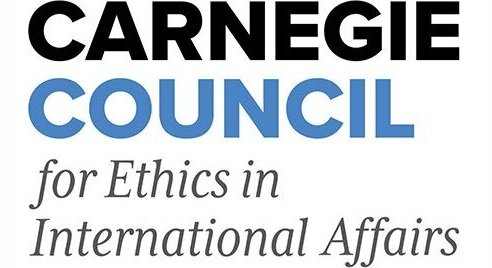Pandemic Ethics: Where Do We Go from Here?
The pandemic has made us all shockingly aware of the way that a highly infectious disease exposes the moral frailties of our social systems. In this virtual event, leading ethicists and historians will discuss their work, how it has been affected by the pandemic, and what lessons we may take away from this global crisis.
Nita A. Farahany is Robinson O. Everett Professor of Law and professor of philosophy at Duke Law School. She is a leading scholar on the ethical, legal, and social implications of emerging technologies. She is Founding Director of Duke Science & Society, Chair of the Duke MA in Bioethics & Science Policy, and principal investigator of SLAP Lab. In 2010, she was appointed by President Obama to the Presidential Commission for the Study of Bioethical Issues and served until 2017.
Jonathan Moreno is David and Lyn Silfen University Professor at the University of Pennsylvania, where he is a Penn Integrates Knowledge (PIK) professor. . He has been called “the quietly most interesting bioethicist of our time” by the American Journal of Bioethics. At Penn he is also Professor of Medical Ethics and Health Policy, of History and Sociology of Science, and of Philosophy. He is the co-author of Everybody Wants to Go to Heaven But Nobody Wants to Die: Bioethics and the Transformation of Health Care in America.
Ulf Schmidt is a fellow of the Royal Historical Society and professor at the University of Hamburg. His work is embedded in the historiographical tradition of social and political historians, historians of medicine and medical humanities as well as scholars of cultural history and history of science. His work has looked at the history of European eugenics and racial hygiene, especially in relation to Germany and Britain in the 19th and 20th centuries, and the history of the Nazi 'euthanasia' programme, the killing of mentally and handicapped patients during the Third Reich.
Jason L. Schwartz is assistant professor in the Department of Health Policy and Management at the Yale School of Public Health. He has written widely on vaccines and vaccination policy, decision-making in medical regulation and public health policy, and the structure and function of scientific expert advice to government. His general research interest is in the ways in which evidence is interpreted, evaluated, and translated into regulation and policy in medicine and public health.
Wendell Wallach is a Carnegie-Uehiro Fellow and co-director of the Carnegie AI & Equality Initiative. He is a consultant, ethicist, and scholar at Yale University's Interdisciplinary Center for Bioethics. He is also a scholar with the Lincoln Center for Applied Ethics, a fellow at the Institute for Ethics & Emerging Technology, and a senior advisor to The Hastings Center.Wallach is the author of A Dangerous Master: How to Keep Technology from Slipping Beyond Our Control.
This event is hosted by Carnegie Council for Ethics in International Affairs, with whom we have begun a co-sponsorship series. See the recording of our first event with the Council, Right/Wrong: How Technology Transforms our Ethics.







